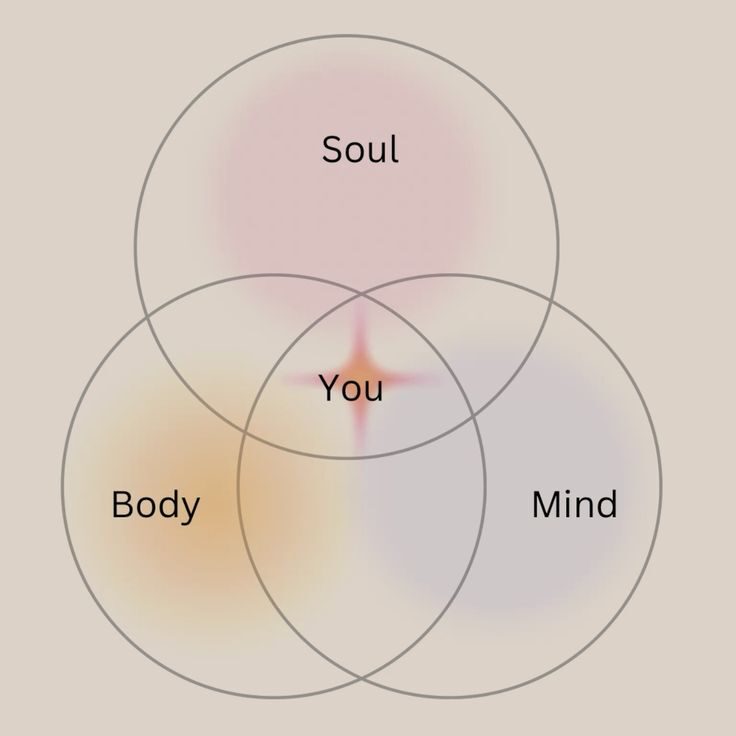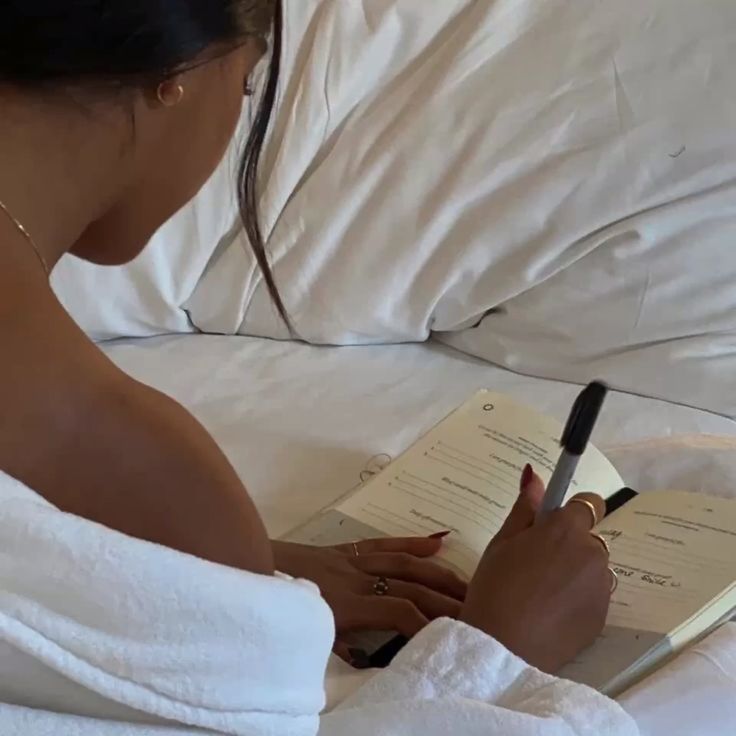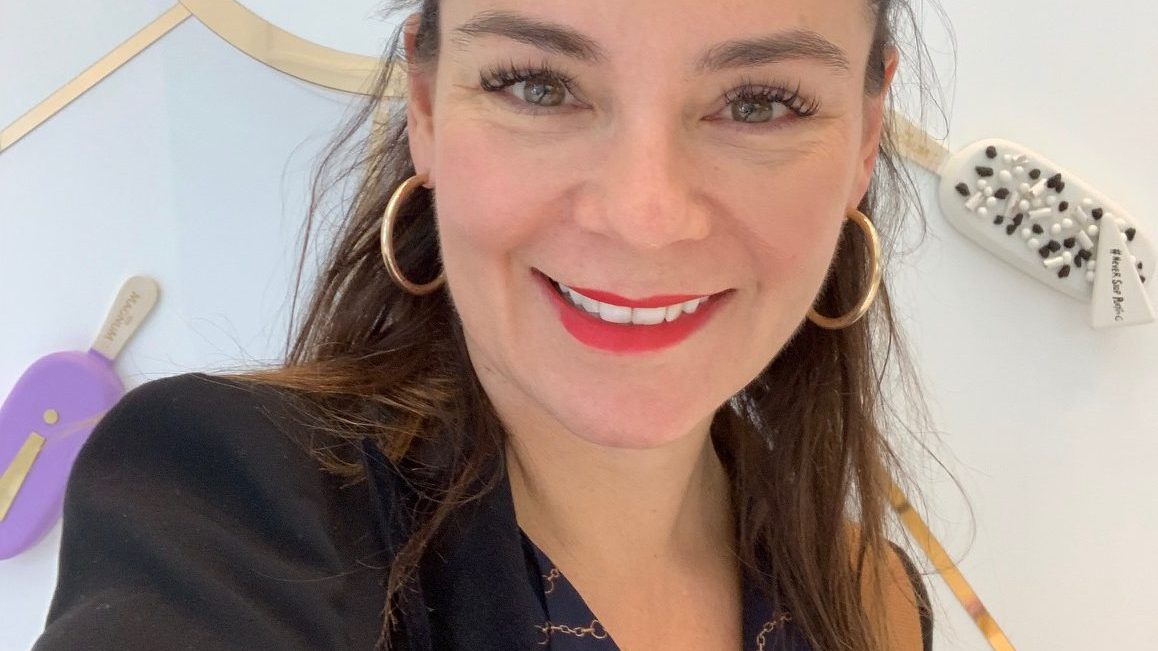Why Journaling is the Simple Yet Powerful Habit Your Mind Needs
Journaling is more than just scribbling thoughts on paper- it’s a proven method for improving mental clarity, emotional well-being, and personal growth. Whether you’re jotting down what you’re grateful for, reflecting on your day, brainstorming ideas, or working through a tough decision, journaling creates a safe space to slow down, think clearly, and feel grounded in an increasingly fast-paced world.
The Science Behind Journaling’s Benefits
Research shows that journaling does far more than simply help you get things off your chest. Dr. James Pennebaker, a psychology professor at the University of Texas, has found through decades of research that expressive writing can significantly reduce anxiety, depression and intrusive thoughts. This happens because journaling provides a healthy outlet for emotions, giving the brain a way to organise them instead of letting them swirl around unchecked.
When your mind feels cluttered, it can be like having dozens of browser tabs open. Journaling helps you close the ones you do not need and neatly arrange the rest. This process turns overwhelming feelings into something tangible and manageable, giving you a sense of control over what once felt chaotic.
The University of Rochester Medical Centre has also found that the benefits of journaling reach beyond mental health. Studies show links between expressive writing and lower cortisol levels, reduced blood pressure, improved lung and liver function and stronger immune responses. These physical benefits often occur because journaling helps reduce stress, which in turn supports the body’s overall health.

Journaling’s Emotional and Physical Impact
Looking beyond research and statistics, journaling is an emotional outlet that feels personal and safe. When your thoughts are scattered or you are overwhelmed by feelings that are difficult to name, writing them down gives you a way to sort through the chaos. It also creates emotional distance, allowing you to step back from your thoughts instead of being consumed by them.
It can also help you reframe negative self-talk. For example, you might initially write “I completely messed up that meeting” but as you read your own words, you realise you are being overly harsh. You might then change it to “I stumbled over my words, but I made my main points in the end.” This small shift can make a big difference in how you see yourself and how you move forward.
Many people describe journaling as being like speaking to a trusted friend who listens without judgment or interruption. It is a private, raw and honest space. By encouraging mindfulness, journaling increases self-awareness and reduces stress.
Why Journaling Works: Simplicity and Freedom
One of the greatest strengths of journaling is how simple it is. You do not need to be a good writer, have perfect grammar or commit to writing every day. You can fill the page with long paragraphs, single words, half-finished sentences, messy handwriting or contradictions. It is one of the few spaces in life where you can show up exactly as you are.
You also do not need an expensive notebook or special pen. Any paper, notebook or even the notes app on your phone will do. What matters is the intention and honesty behind it. If you are unsure where to start, you can try asking yourself questions such as “What am I grateful for today?”, “What did I learn from a recent challenge?”, “How do I want to feel tomorrow?” or “What am I ready to let go of?” These prompts give your mind a starting point and often lead to a natural flow of thoughts.

Journaling’s Historical Roots and Its Role Today
Although journaling has become popular again in recent years through the rise of wellness culture and online trends, it has been around for centuries. Many people throughout history have turned to journals for survival, self-expression and creativity. Anne Frank used her diary to hold onto hope and reflect during incredibly difficult times. For women in particular, journaling can provide an anchor during times of uncertainty. It can hold career doubts, new dreams, insecurities and celebrations of growth all in the same space. While the tools have changed from parchment and ink to laptops and journaling apps, the purpose remains the same, which is to understand, reflect and grow.
Journaling as a Mental Health Supplement
Therapy is valuable and can be life changing, but it is not always available or affordable. Journaling offers an accessible alternative that is private and available whenever you need it. While it is not a replacement for professional help, it can be a useful stepping stone toward being more open about your emotions. Some people even share parts of their journal with a therapist to provide more insight into their thoughts and experiences.
By putting your thoughts on paper, you create a safe space between yourself and your emotions. This separation makes it easier to think clearly and respond with intention, rather than reacting in the heat of the moment.

Making Journaling Part of Your Routine
Journaling works beautifully alongside mindfulness. When you write with intention, you focus on the present moment, which calms the mind and helps you approach yourself with compassion. One well-known technique is morning pages, popularised by Julia Cameron in her book The Artist’s Way. The idea is to write three pages of unfiltered thoughts each morning, clearing mental clutter and creating a calm, focused start to the day.
Many people find that journaling becomes most effective when it is part of a regular routine. For some, this means writing while drinking coffee in the morning. For others, it might be a Sunday night reflection to reset for the week ahead or a midweek writing session after a stressful day. It can also be a few minutes before bed to list things you are grateful for, which can help improve sleep. Unlike social media, where most things are curated and filtered, journaling is private and real. It reminds you that you do not need to be perfect to have value.
Final Thoughts: Begin Listening to Yourself
When life feels messy or uncertain, try writing things down. You do not need to fix everything in that moment. You only need to give yourself space to listen. Through this process, you might discover patterns you had not noticed before, see evidence of how much you have grown or uncover ideas you did not know you had. Journaling is not about having all the answers, it is about giving yourself permission to ask the questions. Sometimes, that is all you need to move from chaos to clarity.
















